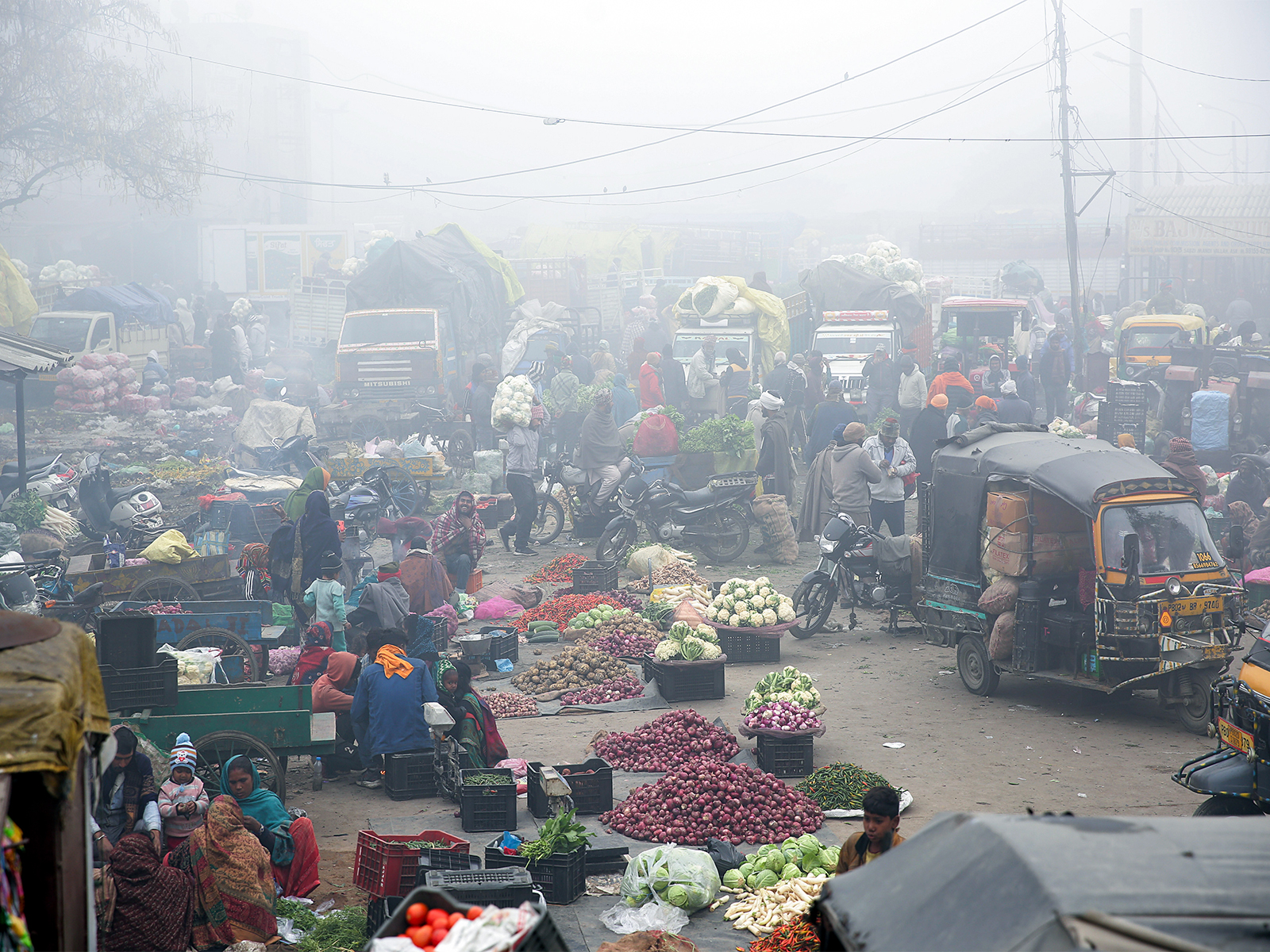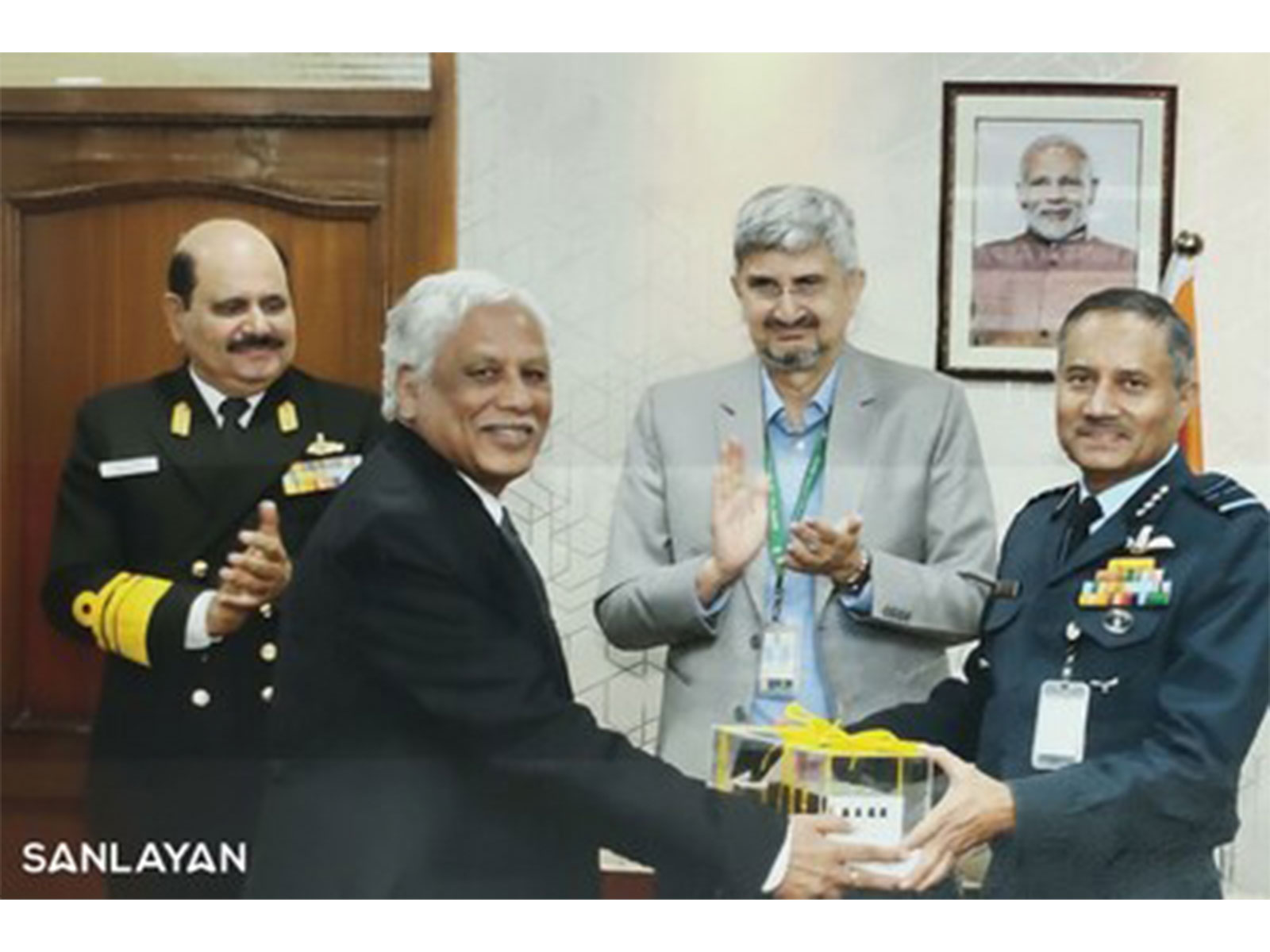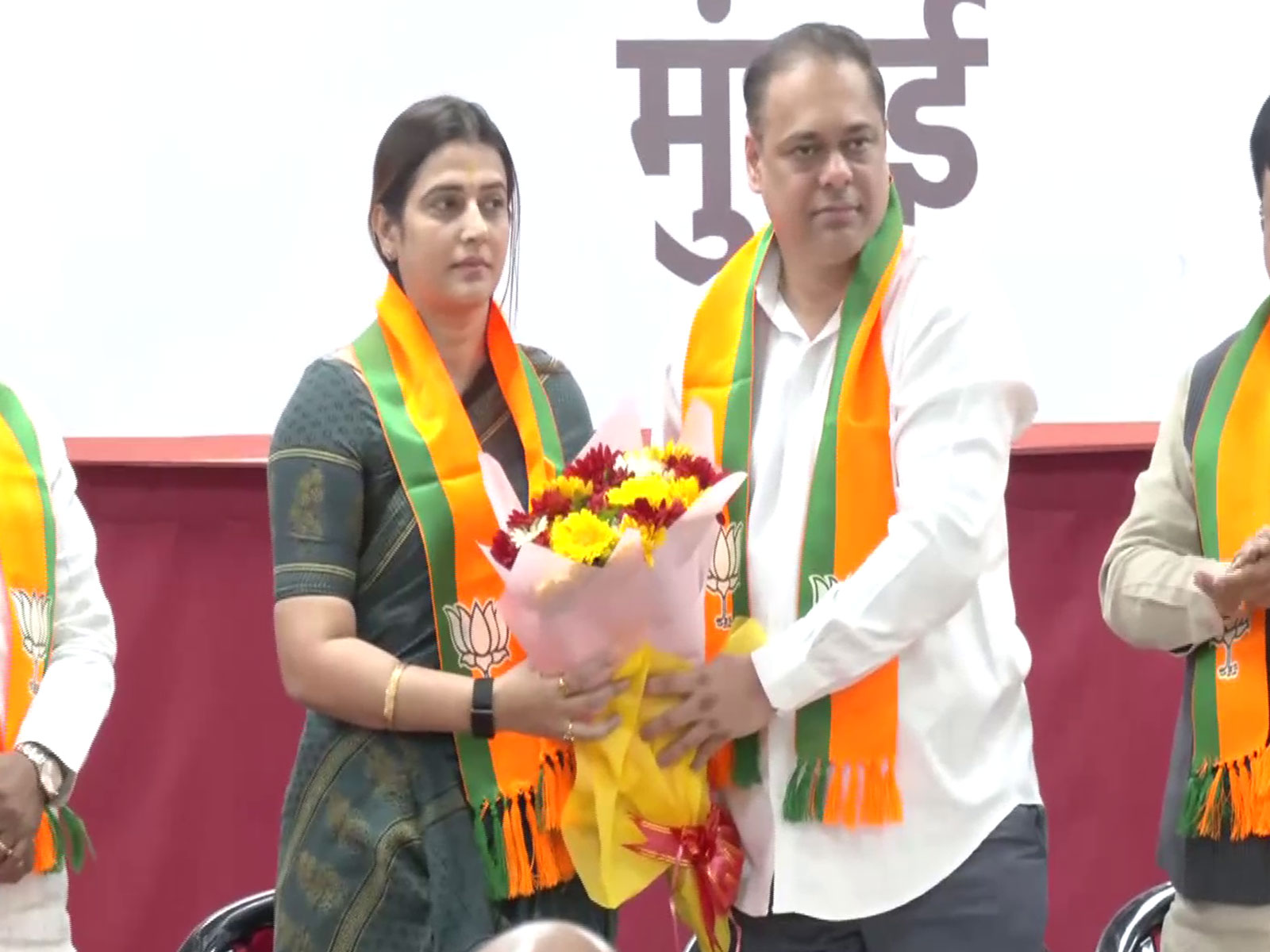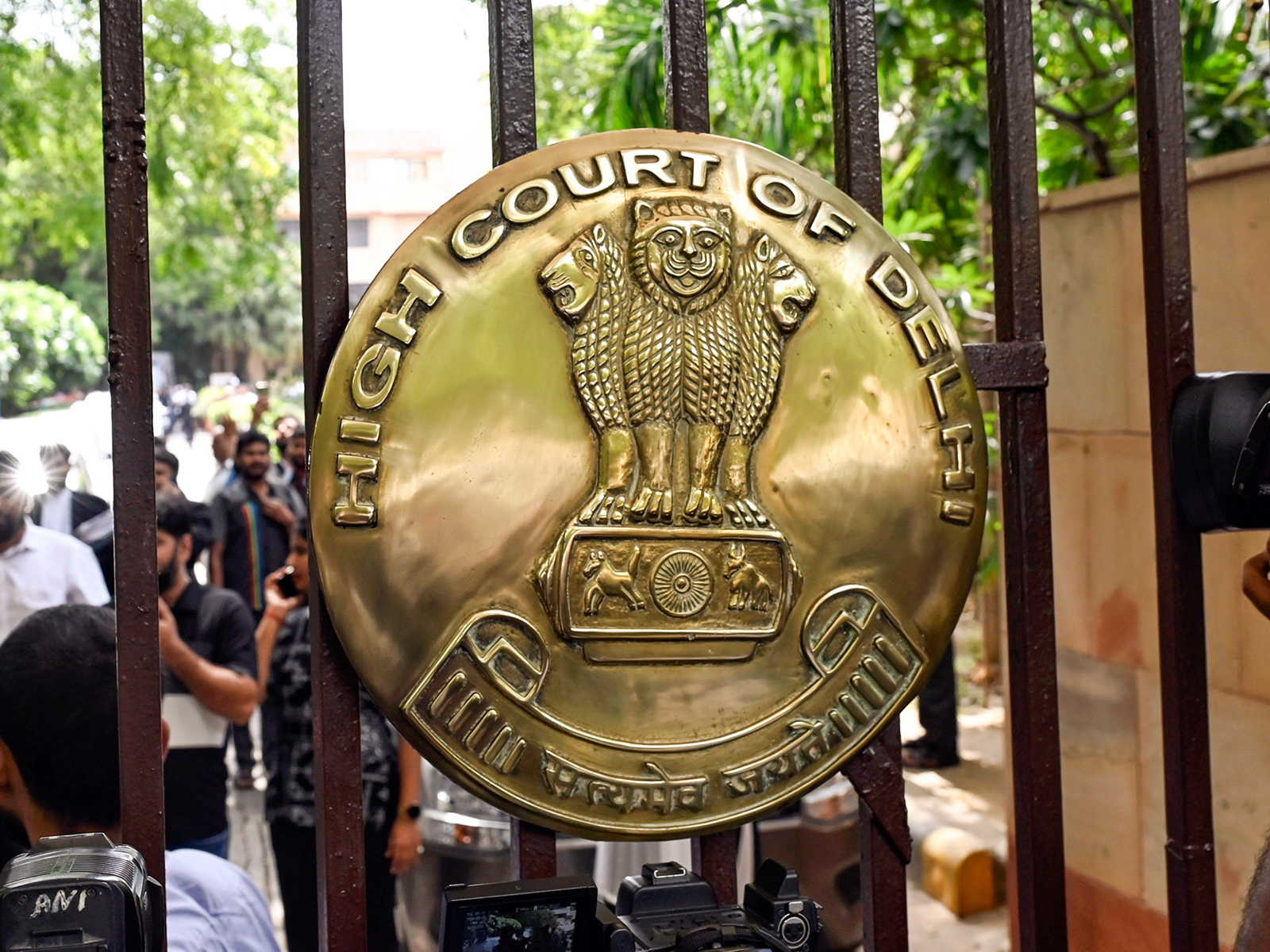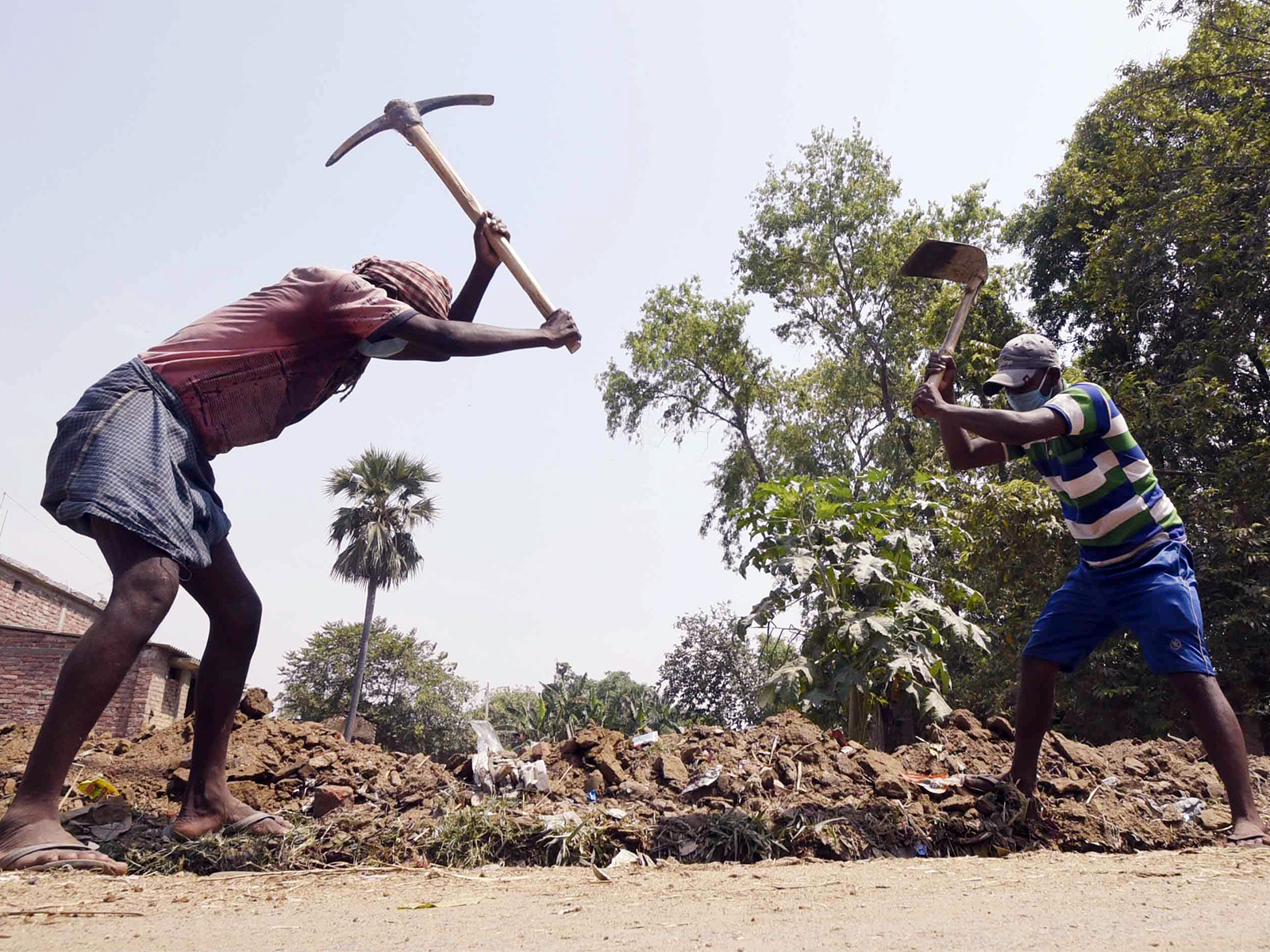Tier-2 and 3 consumers more hopeful of rebound in retail: KPMG
Jul 22, 2020

New Delhi [India], July 22 : Nearly 22 per cent consumers in tier-2 cities and 30 per cent in tier-3 towns feel their spending will either increase or remain the same as prior to COVID-19, according to a new survey by professional services firm KPMG.
The survey study indicates that tier-2 and 3 consumers are more liberal in their spending habits, hence these could be the next focus area for retailers to expand their presence.
Further, a greater impact on positive sentiments could be expected in the event of an economic stimulus. The survey was conducted with 2,376 respondents (of which 66 per cent were male and 34 per cent female). It was conducted across tier-1, tier-2 and tier-3 cities among different spender types and age groups between May 18 and June 7.
Nearly 68 per cent of respondents expect safety precautions to be their primary priority following pricing and promotion.
Companies will need to assess their sense of safety across the value chain and ensure it is aligned to the new normal expectations of consumers.
Pricing and promotions will also continue to be a significant driver for purchase decisions, said the survey report. So retailers will need to identify ways to gain consumer trust and confidence going forward.
With the shift of preference towards online, mainly due to the pandemic, companies will need to develop their online and last-mile logistics, delivery capabilities and manage supply chain hygiene across all levels.
"Evidently, we know that for India, providing a seamless journey for consumers through a mix of digital and physical infrastructure will require the backing of a strong supply chain," said the KPMG report.
Significantly, overall 51 per cent of respondents feel that the impact of COVID-19 will be short-lived and normalcy is not far.
And tier-2 and 3 cities are twice more positive than the tier-I cities possibly because of less fear of viral spread, lower density of population, city congestion is avoidable and community transmission is slow.
